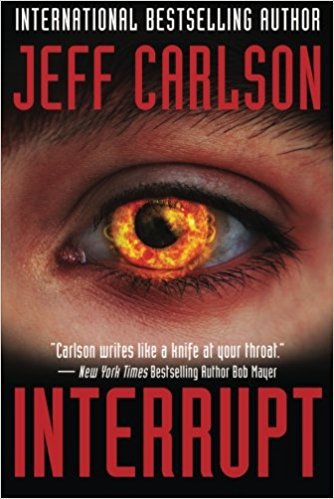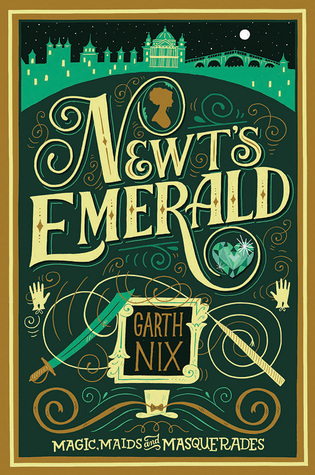For some reason, this review has disappeared from Amazon and was never posted here though I did it within the lifetime of this blog.
Review: Interrupt, Jeff Carlson, 2013.
Imagine you are going about your business one day and then you just black out and wake up with no memories of what happened. Maybe you wake up wandering in a strange area or with blood on your hands or in the middle of having sex with a complete stranger.
Such is the premise of Carlson’s novel, fresh with speculations and implications from current science, on what would happen if the sun suddenly manifested its variability with massive electromagnetic pulses which scramble communications and the human brain. Carlson draws from genetic anthropology, geology, physics, SETI, astronomy, and neurology to fuel this modern hard science fiction thriller. And, while the science may be current, the speed and shortness of the novel are refreshingly old-fashioned in their tautness. (For those who have read Carlson’s short story “Interrupt” in his Long Eyes, this is not an expansion but a substantial reworking of the premise of that story.)
The novel centers around three characters: Emily Flint, researcher on therapies for autistic disorders; Drew Haldane, Navy flier and also operative for ROMEO, an ultra-secret intelligence agency; and Marcus Wolsinger, a radio astronomer tracking variability in the sun’s output. Their loyalties to their communities and families, lovers and friends, institutions and organizations will be tested not only during the collapse of civilization due to the “interrupt” but also by a war between the US and China. Most ominously of all, not everyone is crippled by the intermittent pulses of the interrupt. A select few become murderously efficient in turning on their fellow humans. Or are these killers really human?
Not only are the scientific bits worked out. The military action seems plausible as well. Carlson horrifyingly evokes the shame and horror of losing your faculties during a pulse.
It’s not a perfect novel. As is the danger of any story based on plausible sounding scientific hypotheses, the reader’s analytic skills can be aroused to carefully scrutinize the author’s speculative conclusions – and finding them wanting sometimes. While Emily is a well-done character, the emotional foundations for a major decision by Marcus are, perhaps, not adequately established.
While some questions and conflicts are left unresolved, the story feels satisfyingly complete.
More reviews of fantastic fiction are indexed by title and author/editor.
Advertisements Share this:




